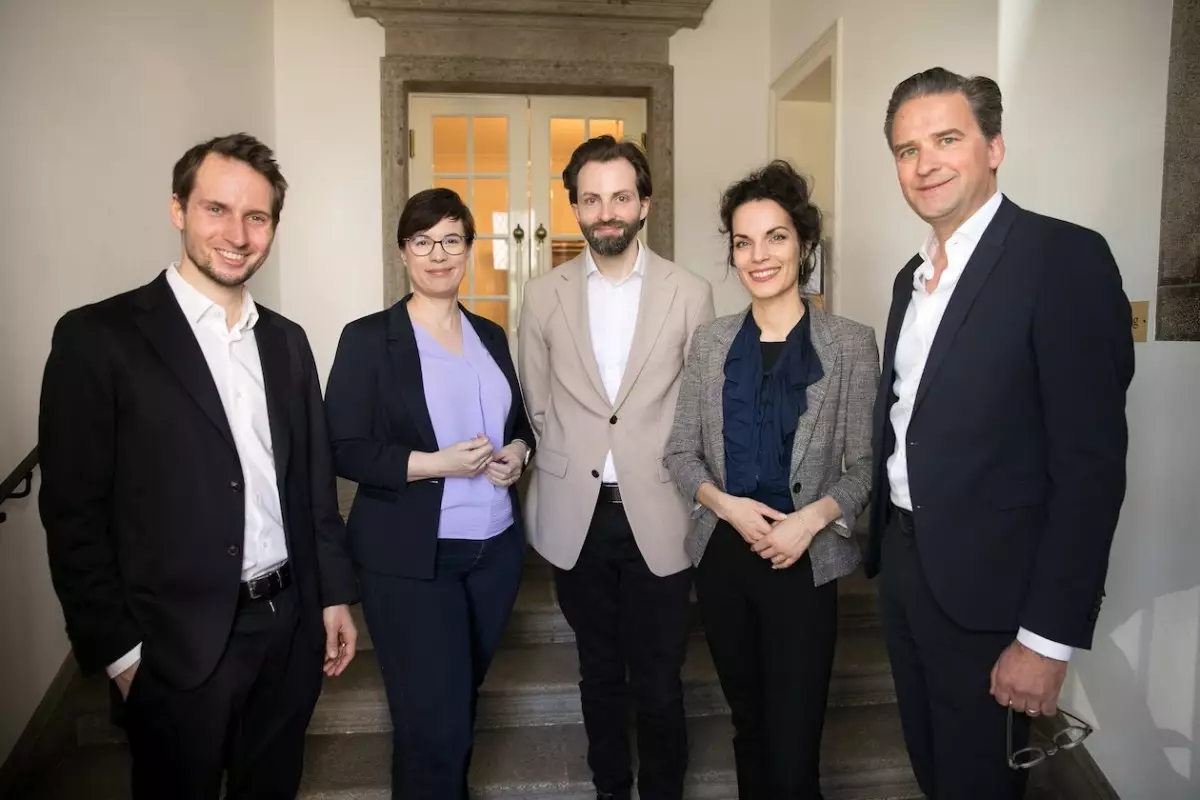In the tumultuous landscape of 2020, a privacy-driven startup named Xayn emerged, promising to revolutionize smartphone intelligence with its on-device AI technology. However, as times changed, so did its vision. What began as an endeavor into general AI has transitioned into an ambitious initiative aimed squarely at the legal sector. Now rebranded as Noxtua, the company has successfully secured an impressive $92.2 million Series B funding round, spearheaded by the venerable German legal publisher C.H. Beck. This transition marks a significant pivot that reflects both the necessity for legal innovation and the urgency for privacy in a world increasingly skeptical of data misuse.
The Power Dynamics of Legal Intelligence
C.H. Beck, the strategic investor backing Noxtua, doesn’t just lend financial support; it offers access to Germany’s comprehensive database of legal documents, which includes an astonishing 55 million records. This expansive archive positions Noxtua not just as another player in legal tech, but as a formidable force with the potential to reshape how legal practitioners operate. By harnessing this wealth of knowledge, Noxtua aims to launch Beck-Noxtua, a sovereign AI product tailored specifically for legal research, document analysis, and drafting.
The intricate partnership between Noxtua and C.H. Beck underscores a broader theme of collaboration needed in niche sectors like law. The combination of Beck’s archival prowess and Noxtua’s AI capabilities could fill the gaping chasm in an industry still marred by inefficiencies and outdated methodologies. The marriage of these entities could herald a new era in legal practice, one where precision and relevance are paramount.
The Impact of Geopolitics on AI Development
In today’s global climate where geopolitical tensions pervade even technological development, Noxtua’s strategy to operate solely within German borders is both prescient and necessary. The increasing concerns surrounding data sovereignty and compliance mean that relying on U.S.-based infrastructures for crucial legal data is no longer acceptable for many firms. Partnering with Northern Data, a high-performance computing specialist that maintains a cloud infrastructure within Germany, positions Noxtua favorably in a landscape rife with security concerns. This conscious effort to circumscribe its operations within national boundaries resonates deeply with German legal standards, which are among the world’s most rigorous regarding compliance and data protection.
Dr. Leif-Nissen Lundbæk, the company’s CEO and co-founder, articulates this sentiment well. He points out that American AI models, influenced heavily by U.S. legal contexts, often fall short when applied to jurisdictions like Germany or France, where the legal frameworks and terminologies diverge markedly. Precision is a crucial factor—missteps in legal interpretations could have dire consequences. Hence, Noxtua’s commitment to developing a domestic AI model attuned specifically to local contracts and legal stipulations is not merely practical; it’s essential for trust-building.
Innovative Technology Meets Legal Tradition
What sets Noxtua apart from competitors is its unique adaptation of transformer AI, purposely tuned to handle legal contracts. The founders’ academic backgrounds from institutions such as the University of Oxford and Imperial College London equipped them with the requisite skills to undertake such a complex task. By embedding this innovative technology within a legal framework, they are effectively creating a new genre of AI that meets the peculiarities of the law head-on.
The collaboration with major legal firms, including the global law giant Dentons, reinforces the potential impact of their offerings. By addressing real-world legal needs through technology, Noxtua could eliminate repetitive tasks that have historically bogged down law firms and legal departments. This efficiency could free up time for lawyers to engage in more strategic thinking and less rote paperwork, ultimately leading to enriched legal practices and better client outcomes.
While the legal sector has historically resisted rapid changes, the integration of AI solutions like those being developed by Noxtua may present a tipping point. As the industry grapples with mounting pressures and a push for modernization, Noxtua’s blend of technological innovation and strict compliance could very well be the revolutionary spark that reshapes legal services as we understand them today.

